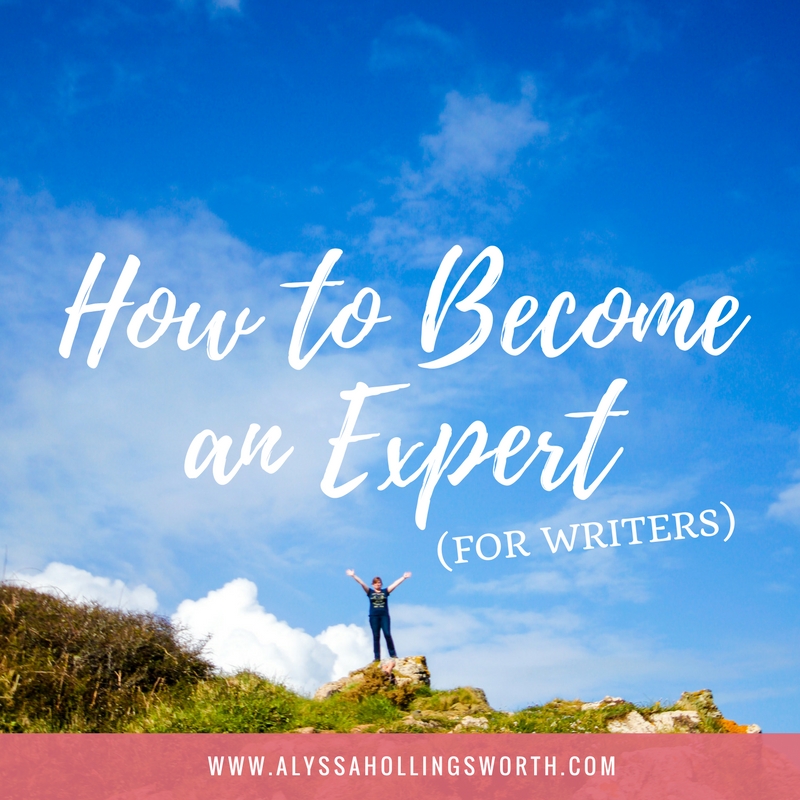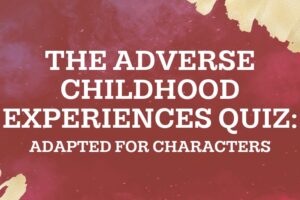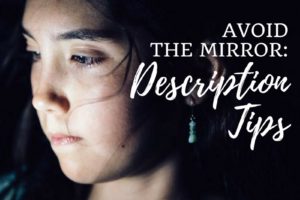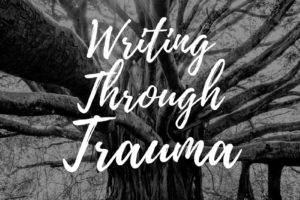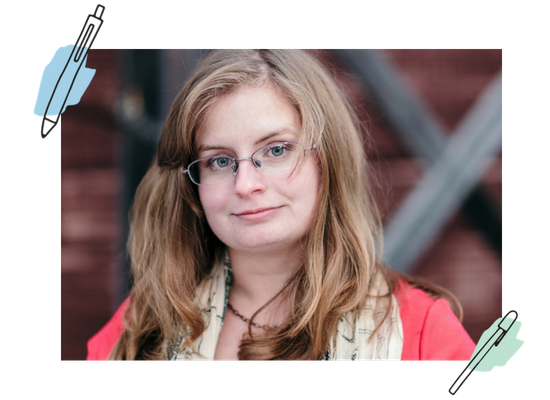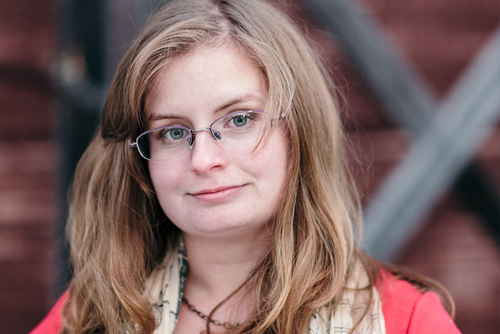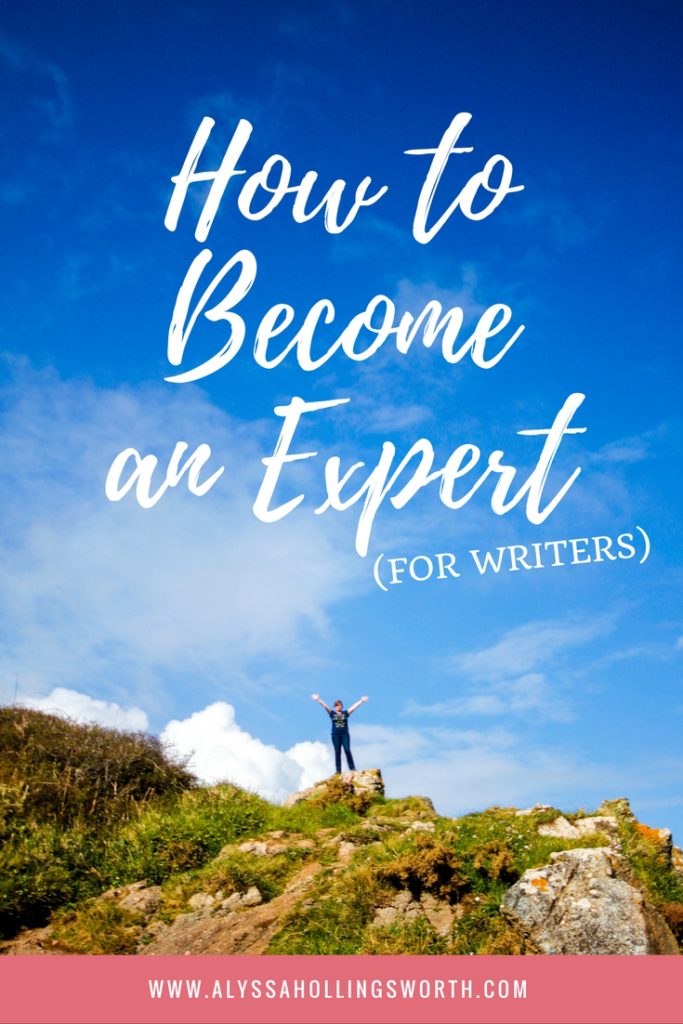 Good writers are experts in many things – most of them eccentric, odd, and (let’s admit it) kind of awesome. One of my writer friends is an expert on life aboard ships. Another knows a bizarre amount about animal biology and physics.
Good writers are experts in many things – most of them eccentric, odd, and (let’s admit it) kind of awesome. One of my writer friends is an expert on life aboard ships. Another knows a bizarre amount about animal biology and physics.
As writers, we normally gravitate toward subjects we’re interested in. When I started Illuminate, I knew I wanted it to include illuminated manuscripts because I love looking at old books. Though I had some basic knowledge from my medieval literature classes and from exhibits in museums, I didn’t know much beyond the word “vellum” when it came to the craft of creating a manuscript.
So how do writers become an expert with only a limited amount of time to spend on research?
Here’s what I did.
Phone a Friend
Once I decided I needed to know about illuminated manuscripts, I immediately emailed my old medieval literature professor to ask him for leads. He was able to give me direction.
I also let a wider net of friends (fellow writers and non-writers alike) know that I was researching illuminated manuscripts. That way if they came across a book, an exhibit in our area, or a plaque on a vacation, they could share their findings with me.
Let’s be honest – an important part of being a writer is collecting people to call on.
What? You thought writers lived solitary lives in dark caves? Well, maybe some do, but I bet they also waste a lot of time looking for resources. They probably also don’t have interior designers, medieval archery pros, and Irish folklore nerds on their Facebook just a message away.
My net has led to a friend photographing a present-day bookmaker in Venice, and another friend’s mom designing me a period-appropriate landscape garden, among other things. Don’t be afraid to ask. You’ll be surprised what comes in useful.
Read Non-Fiction by Experts
Once you get your bearings, it’s time to go to your local library or bookstore (or the internet). Scour the sources you find, and keep a record of the research tidbits you collect. I’ve previously written about creating your own research archives, but in brief – make sure the information is accessible, even if the book has to go back to the library.
You can also cheat by riding on the coattails of others’ research. This is what I did with The Gilded Page: The History & Technique of Manuscript Gilding. This splendid thick book had a wealth of information, but when I finished it I was yearning for more. I peeked at the bibliography in the back of the book and marked all her sources that sounded useful for the gaps in my knowledge. Fantastic time-saver that took me to several primary sources I would never have found on my own.
If you have access to a university or a subscription to academic journals, you can also use Jenzabar or Galileo to find articles on the specific topics you’re researching. Occasionally there are good finds on Google Scholar or Google Books as well.
Depending on what you’re researching, I recommend staying old school with accredited publications rather than just browsing the internet. I can’t tell you how many YouTube videos and other posts I found about pigment creation that were just plain wrong when I checked it against my collection of research volumes. Be careful what you trust.
Read Fiction by Other Writers
Sometimes I find it helpful to read fiction about the subject as well, if you can find it. This becomes tricky, because you don’t want to fall consciously or unconsciously into plagiarism.
But if you want to know how others are dealing with the subject, it doesn’t hurt to read around. In one instance, I did this quite by accident – I was reading a book set in 19th century Philadelphia that suddenly became a heist to steal antique books from a baddy. While the characters were learning everything they needed to know about old books, I was in on the discussion with them – following it clearly, to the point that when a character made a joke about vellum vs. parchment I knew what she meant.
But sometimes I did intentionally seek fiction. My story’s set in pseudo-fantasy-Venice, so while I devoured books on illuminated manuscripts I also devoured books on Venice. City of Masks is obligatory reading for my book, and it was delightful to see where Mary Hoffman’s research overlapped mine, and where we diverged.
Creative non-fiction goes here, too. If you want to research settings, find travel books on the location. Read anything set in that basic environment. You’ll be surprised how it will inspire your own world.
Immerse Your Senses
When my friend wanted to research life at sea, she didn’t just read about it. She collected poetry and children’s picture books. She went to art galleries and examined paintings. She bought postcards, went whale watching, ate fermented shark, and listened to audio recordings of Eskimos’ songs.
Sometimes research can become very two-dimensional. It can feel like a final assignment in a long semester. Don’t let it.
Find ways to make the information new and exciting. Use every sense you have to make it come alive.
By engaging in different forms of experience, your writing becomes more vivid, even if you never actually put the research on the page.
One of my favorite finds for Illuminate was wandering into the Museo di Palazzo Mocenigo in Venice. They had an extensive perfume exhibit – a subject that would not normally interest me. But it occurred to me that I could find the scents my characters wore, and I spent half a morning with my nose in one jar or another, taking notes. At the end, I knew exactly what my characters smelled like.
Weird? Yes. Important to the story? Not terribly. But fun, fascinating, and tactile? Definitely.
Visit Museums and Attend Talks
Museums are awesome. Loads and loads of research is presented to you, made to be interesting, often with some real-life stuff you can look at. When you start researching, begin looking for museums.
Writers, you’ll want to locate three types of museums:
- Local museums. What museums are in your town and what to they cover? Even if it’s a dinky, low-budget museum of your city’s history, there may be jewels inside.
- The best museums in your area. This could be the next city over, or a couple of hours away. You can take day trips to these cities, or a weekend at most. When you go on vacation, check out the museums around the spot you’ll be visiting, just in case.
- The best museums in your topic. I’m talking worldwide. What museum does your thing so amazingly, it has an international reputation? Sometimes these museums have online archives you can use from home. (I’m looking at you, British Library, heart of my heart, song of my soul.) Sometimes there are contacts you can make through the museum website. Or, at the very least, knowing it’s there can put a pin on your map of places to travel.
Don’t neglect children’s museums, or sections of the museum designed for kids. This is where the hands-on stuff comes to play. A friend researching Mars nearly fell over in the Smithsonian when she saw three flat screens and a control panel for Google Mars, which allows you to walk (or fly) across the surface. And let’s not even mention the lady I pushed out of the way in my rush to touch old bones in the Viking exhibit at the British Museum.
In addition to browsing museums near and far, don’t forget lectures. Get on the mailing list for events at museums and colleges around you, and keep your ear to the ground for anything important.
You have a lot more access to experts in the field than you think – don’t forget to use them!

